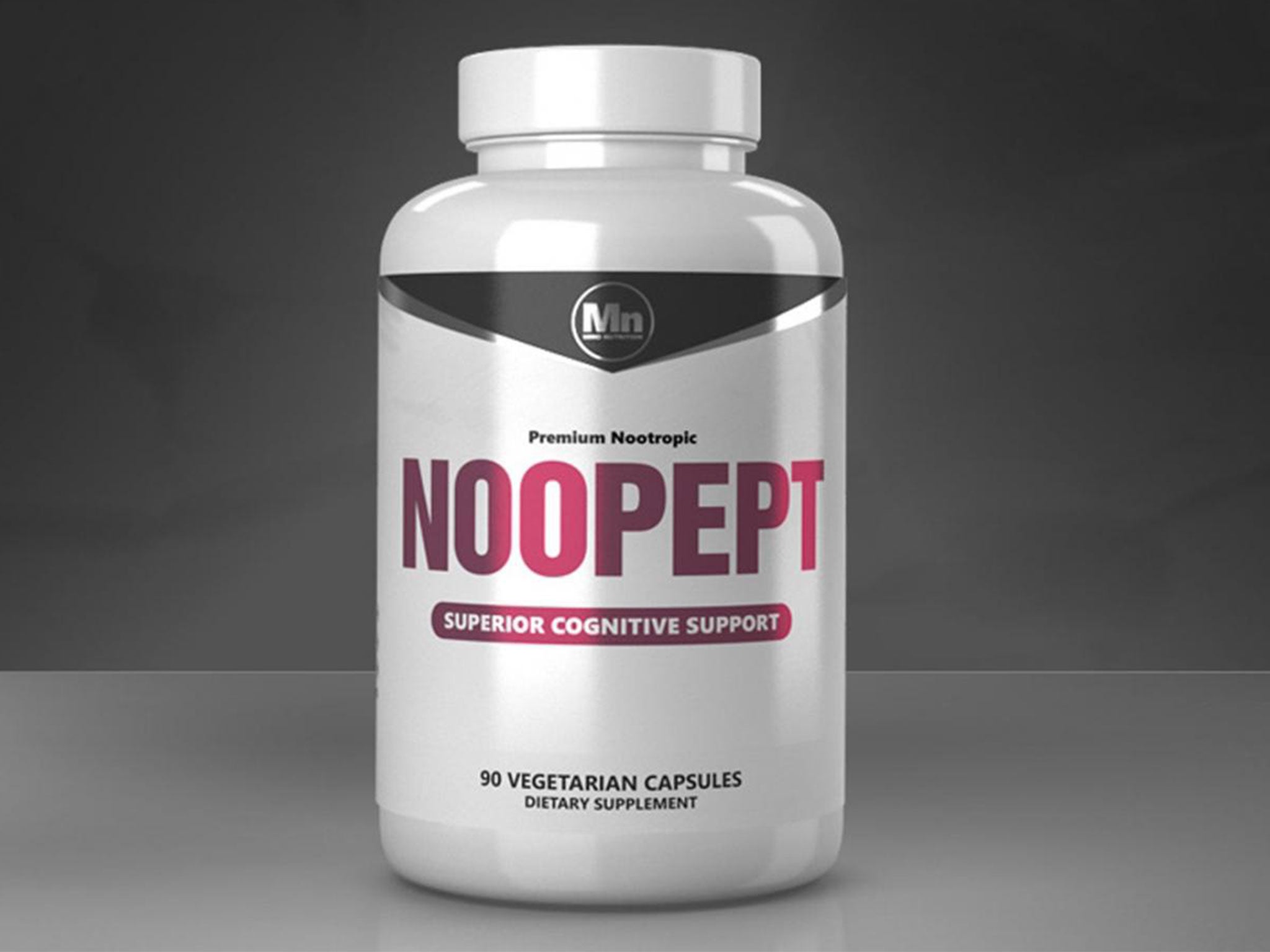More UK students turning to banned 'brain boosting' drug than ever before
The Home Office has warned against the effects of banned mental stimulant Noopept, but experts have mixed opinions on how dangerous the drug really is

A rising number of university students are taking banned drugs as a way to stay alert during exam time, according to reports.
Thousands of undergraduates across the UK are thought to be using Noopept, a fine white powder which claims to boost memory recall and cognitive function.
Non-prescription sale of the drug was banned in the UK last month as part of a government-led crackdown on legal highs – but a number of community groups on social media suggest that more students are buying the drug online than ever before.
One former dealer said more young people were buying "smart drugs" such as Noopept than ever before.
Speaking to The Independent, he said: “I sell this drug and use it myself daily - the market is in [a period of] high growth."
"More people are buying Noopept as it becomes more well known and a large number of them are students".
One Facebook group with more than 20,000 members advocates the benefits of Noopept to its members, providing advice on where to buy the drug and how to take it.
A host of online vendors from the UK, Netherlands and Russia is listed and group users discuss similar “brain boosters”, known as Nootropics, posting links to companies reportedly willing to give out new pills for free in return for reviews.
In a recent post to the group, one student can be seen asking “what to eat and take before (morning) exam? I think eggs and 10mg Noopept two hours before”.
Another posted: “ Any ideas for a useful stack for video game players? Perhaps Nootropics that are useful for hand-eye coordination, visual acuity, keeping cognition sharp and fresh during long periods of sitting?”
Mike, a 22-year-old sociology student from Leamington Spa told the Sun: “It’s all over the country — in London at UCL, at Bath, Bristol, Newcastle, Warwick, Oxford, Cambridge, Leeds and Manchester.”
“I first tried Ritalin when I was 18 then at university I’ve recently moved on to Noopept,” he said. “It’s definitely helped my exams.”
“Universities are aware of it. Quite a few have considered drug testing before exams.”
The Home Office has advised against the taking of uncontrolled drugs such as Noopept, warning of possible side-effects including cardiovascular problems and psychosis.
In a statement, a spokesperson said: "To the extent that cognitive enhancers are supplied for their psychoactive effects and not covered by the range of exemptions and exceptions, they are covered by the Psychoactive Substances Act."
"This reflects concerns that the availability of nootropics bought especially via the internet hides potential dangers. The criminal offences in the Act will apply to both physical and online markets and the new importation offence will bite against the supply from overseas."
Experts have also warned of risks from taking the drug, which they say can have a detrimental effect on mental health.
Forensic pharmacologist Dr Edward Bliss said: “The main problem with these drugs is tolerance."
“This will lead to users requiring an ever increasing dosage with the biggest threat coming from depression - especially for this student age group who are particularly susceptible to depression."
“Also you can’t validate what you’re taking chemically from buying online and couple that with some people will simply have bad reactions - it’s unpredictable."
“The recent bill banning sale of these substances will do nothing at all to the trade and it’s doubtful it will even affect the price.”
Former government drugs advisor and Professor David Nutt said he did not consider Noopept as a high risk, however, adding that it was unlikely to be affected by the recent blanket ban since it does not appear to be “a recreational psychoactive” drug.
Speaking to The Independent, he said: “It's hard to see how it wouldn't be safe unless massively overdosed.”
Olav, a Noopept "enthusiast" and administrator of one of the larger Noopept Facebook groups, swore it was “as safe as any vitamin.”
“The supplement is neuroprotective,” he said, referring to research studies taken out on the substance, “I give it to my mother and my wife with good conscience.”
“For most people Noopept is a mild brain supplement, so mild so that some buyers claims to feel no effects at all. While others experience improvements in focus and memory, making it easier to study and work effectively for longer periods.”
The administrator, who admitted he had worked as a dealer in the past, said he had “never heard any stories of serious side effects” despite being part of the Nootropic community for 18 years.
The drug, which reportedly leaves a “bitter, acrid taste” can be taken in tablet form or snorted like cocaine. It can be bought online for £20 per 10g, making it cheaper than similar drugs Ritalin and modafinil.
Olav, who admitted to selling the drug in the past, said claims that Noopept was dangerous or even “deadly” were surprising, since he had “never heard any stories of serious side effects” despite being part of the Nootropic community for 18 years.
“Noopept gives no euphoria, psychostimulation or anything like that,” he said. “And most of us combine these nootropic supplements with a healthy lifestyle including right diet, fitness, meditation etc to reap the most benefits.”
Join our commenting forum
Join thought-provoking conversations, follow other Independent readers and see their replies
Comments
Bookmark popover
Removed from bookmarks